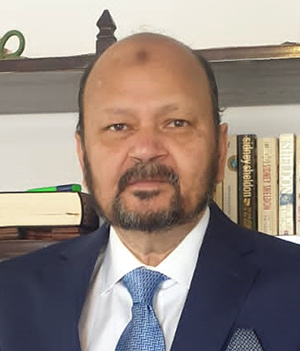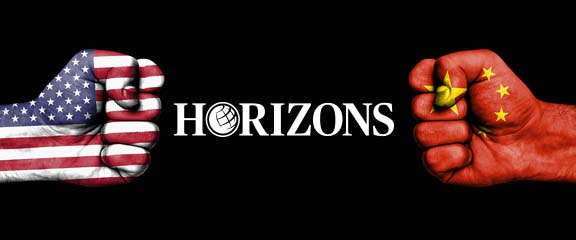Freedom is a tender plant; it needs nursing and constant vigilance.” Today, the Independence Day message of Mohtarma Fatima Jinnah from 1959 resonates louder than ever before.
People make history, often in conditions not of their own making. Our forefathers’ ability to create new stories was constrained by the social, cultural, political, economic, historical circumstances into which they gained freedom. Pakistan’s fluid diversity, home to millions of rootless immigrants, provided a counterpoint to the linear, genealogical narrative that had dominated pre-independence colonial discourse for far too long.
The newly born nation didn’t have money to pay the salaries of government and military employees. We had an army without weapons, a civil service without structure. A look back reminds us of Pakistan’s miracle, an incredible opportunity and a great challenge. Many Independence Days dawned amid the chaos, but we are still rocking and rolling by the grace of God.
Seventy-four years later, we find ourselves in the middle of a potential regional quagmire. Once again, the United States of America is leaving behind a treasure trove of lethal weapons and a fragile government in Afghanistan. India and China continue to sporadically engage in military confrontation in Ladakh. Though it appears to be a simple border conflict, this confrontation has a significant regional and global underlying undercurrent.
The United States of America is desperate to cling to imperial dominance, but cannot contain China. Consequently, it uses its military, economic and political influence to exploit regional rivalry between India and China, and between India and Pakistan.
Growing defence cooperation between India and the US may significantly impact Asian and global politics in the future. The USA’s growing defence partnership with India has multiple goals, significant among them the aim to contain China’s growing influence worldwide. And this is completely in line with India’s aspirations to maintain dominance over South Asia and the Indian Ocean.
China’s Belt and Road Initiative (BRI) milestone projects, including the Hambantota Port in Sri Lanka, the Sino-Maldives Friendship Bridge in Malé, Maldives, and the China-Pakistan Economic Corridor (CPEC), are threatening India’s hegemonic goals.
Because CPEC is expected to connect the Middle East, Africa, Europe, and Central Asia with Western China via Pakistan, the area will, it is expected, benefit greatly economically, and Pakistan will, in the process, become Asia’s centre.
The Indian Ocean is one of the critical oceans globally. Most world energy is transported through it to Europe and East Asia. Similarly, the Indo-Pacific is a vast expanse of water connecting the Eastern and Western Hemisphere. The dominance of the Indo-Pacific region is American foreign policy’s priority; for this purpose, the U.S. has revived the Quadrilateral Security Group (Quad) comprising the US, India, Japan and Australia.
Caught in the middle of intermezzos, plateaus, and sprawling networks of fluid linkages, Pakistan is currently at a crossroads, with international players exploiting the radical right and the westernised liberal to craft a singular narrative — that of a failing state.
In Pakistan, the politics of people organise differently than the domain of the politics of the elite. Elite politics mobilises vertically with greater reliance on Pakistani adaptations of British parliamentary institutions. In contrast, the majority mobilises on horizontal affiliations, such as the traditional organisation of kinship and territoriality, or class consciousness, depending on the level of the people’s consciousness.
It is about time Pakistan finds its voice – a locally relevant system that allows for the diversity of horizontally and vertically integrated politics. We should remember Franz Fanon’s teaching that imperialism leaves behind “germs of rot which we must clinically detect and remove, not only from our land but from our minds as well.”
We pray that this generation and the ones that have yet to come guard our freedom with tender love, respect and care. Remember, “it needs nursing and constant vigilance.”
Pakistan Zindabad!

Editor, Narratives



